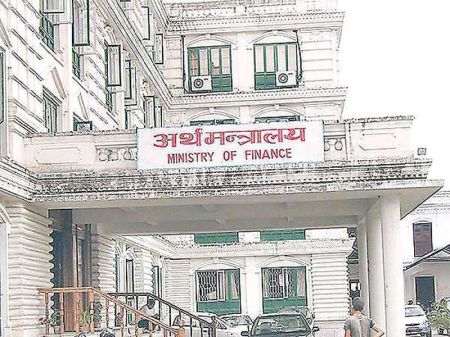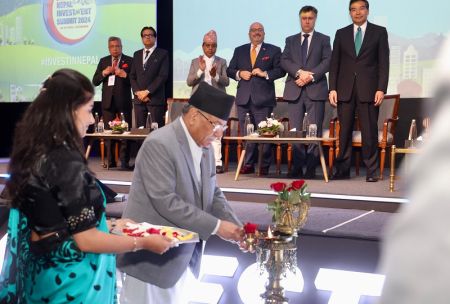--By Viay Kapur & Enakshi Sengupta
As India eases curb on Foreign Direct Investment (FDI), labour unrest and maintaining a congenial relationship amongst workers and management is increasingly becoming difficult.
According to the Federation of Indian Chambers of Commerce and Industry, “Most of the adverse unrests were witnessed in the manufacturing, textile and automobile and auto auxiliary industries during 2008-11 and names involved — Hyundai, Honda, Nokia, Bosch, Pricol, Maruti Suzuki to name a few - most of which represent the best across industries”.
What is plaguing the labour market?
Being a significant asset, Human Capital is always on a rough weather due to stiff competition in the market and retaining them has become more challenging in this fast changing the global scenario.
However, in most economically advanced countries the labour market has changed in terms of putting highly skilled and strongly motivated workforce at the heart of competitive advantage and business success.
We have seen the growth of the service sector, an increase in employment within offices, a decline in employment in large industrial plants and a steadily increasing participation of women in the workforce.
Significantly, self-employment has also grown up slightly and the workforce trend is evolving and changing. Some of them have felt rise in job insecurity, which is affecting the whole workforce in terms results. Lack in commitments and dissatisfaction pose a clear threat not only to the HR departments, but also hitting the performance of companies.
Time has come to think whether we are considering employees as an asset or a cost? Costs need to be minimized and controlled.
Time has changed but during the eighties and early nineties, employees were often seen as a cost or production factors. Now it appears the pendulum has started to swing the other way. Companies have started treating their employees carefully keeping all the nuances in mind and striving to inculcate a sense of loyalty and commitment amongst them.
Though it’s a key challenge but the employers are already started the motivational mantra by providing a safe workplace, proper rewards, employee personal growth, and good work/life balance.
The more satisfied workers are with their jobs, the better the company is likely to perform in terms of profitability and productivity.
Companies have already started involving agencies in community development programmes. Employee Voluntarism has yielded benefits and staffs especially those who are experienced are most likely to feel the broader understanding of social issues. It improves the team-working ability, communication channels and job satisfaction.
Those in a mid-level and junior staffs are more likely to consider their team working ability through gradual improvement while developing other useful skills through their involvement in the community programmes.
Such involvement inculcates a positive nature; there is clearly an evidence to suggest that employee community involvement does have a real impact on morale and motivation. Even those who are aware of the schemes, but not involved, tend to be more likely to recommend the company to others and be motivated to do their jobs than those who do not know of any schemes and hence lack a positive outlook.
In particular, community involvement projects are recognized as improving team working ability and developing new and better communication channels within the business.
A survey among employee suggests that in addition to improving perceptions of the employer, participation can bring direct benefits to employees, such as improved team-working and communication skills, as well as better morale and motivation. It has been perceived that applicants will not only be attracted to firms with positive corporate social performance but that they will pursue jobs with such firms, will attempt to interview with such firms, and will have a higher probability of accepting jobs from these firms. Firms may develop competitive advantages from such activities especially if their reputation and image is valuable, rare and not easily imitated.
(Writers are Executive Directors at Kohana CSR – A dedicated CSR Consultancy.)





















